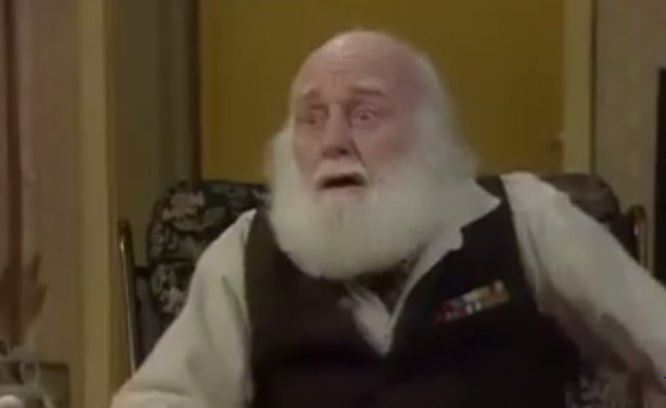Trained by legendary Irish horse trainer Willie Mullins, Hurricane Fly experienced quite the racing career.
Originally trained to race on flat surfaces, Hurricane Fly ran 10 races on flat courses. He registered a record of 2-2-1 during that time. It was a period in which Hurricane Fly raced solely in France. However, following his 10 races on flat tracks, Hurricane Fly’s future changed drastically.
In 2007, Hurricane Fly was sold and relocated to Ireland. It was there that the horse began to compete in National Hunt competitions. Paired with jockey Ruby Walsh, Hurricane Fly began to reel off win after win. Walsh rode Hurricane Fly for 18 of 26 career wins in National Hunt events. The horse won four times at the Punchestown Champion Hurdle, five times at the Irish Champion Hurdle and twice at the Champion Hurdle. His exploits were well-known by racing aficionados despite never running his best race at Cheltenham.
Hurricane Fly managed to carve out a career that saw him change disciplines and win. Something many of the top horses today are unable to do.
In 2015, after a long career on the race track, Hurricane Fly was retired to the stables. Walsh described Hurricane Fly as a legend, and Mullins stated he was a “horse of a generation”.
Hurricane Fly’s owners could have continued racing the horse well into his advancing years. However, the owners stated he was in good shape and preferred for him to live out his years without any major health issues.
By the time Hurricane Fly was retired, the horse had accumulated nearly €2 million in winnings. A battler to the very end of each race, Hurricane Fly was a betting favourite, especially for those living in Ulster where the horse’s owners resided. According to the Belfast Telegraph, Hurricane Fly was moved to Mullins’ farm upon retirement. He may be out of the limelight of racing, but at least the iconic race horse is still around the sport and his trainer.
